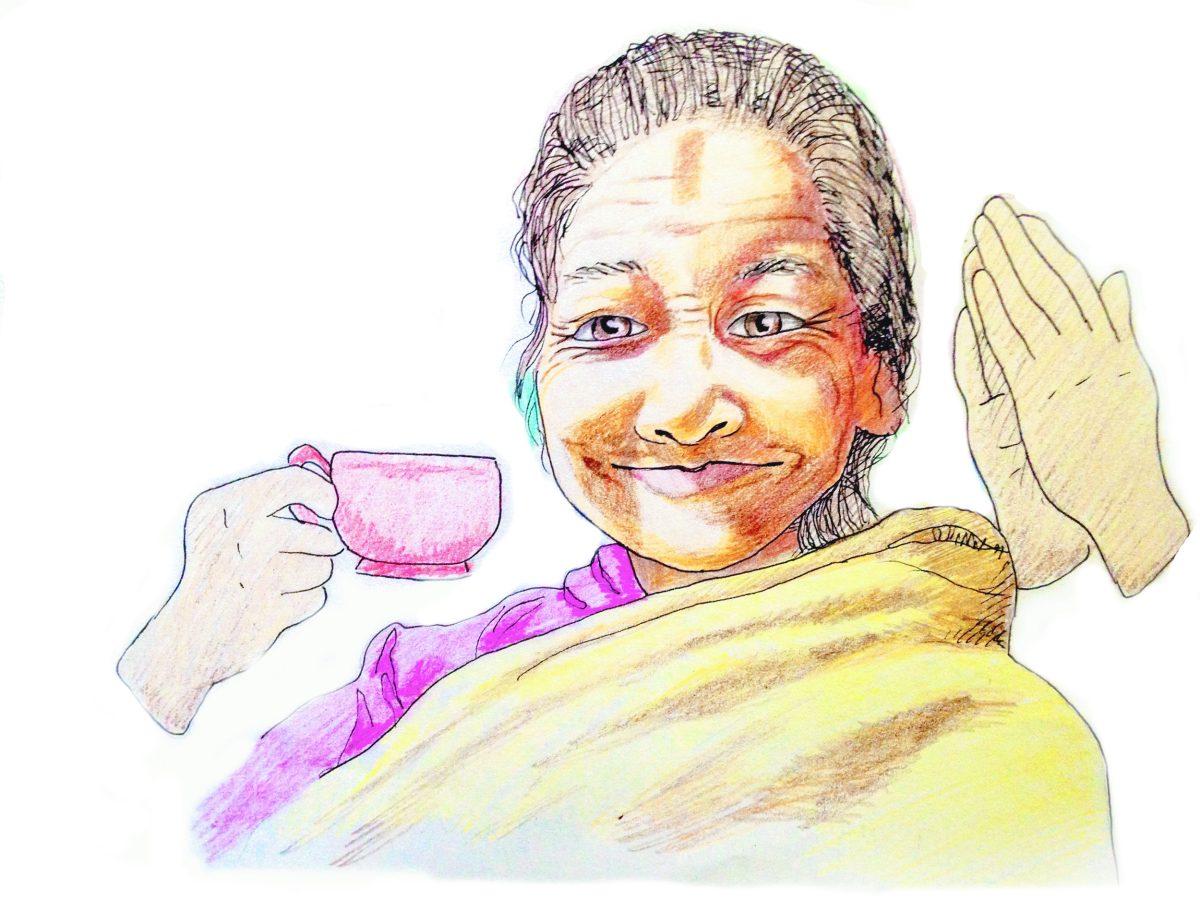The mission statement of Sonoma State University states a clear objective to “prepare students to be learned persons who have a broad cultural perspective.”
There are many ways to nurture a broad cultural perspective: Teaching students in the classroom, encouraging outside research and facilitating functions which promote an education in different cultures.
One tradition viable for the promotion of such cultural education at Sonoma State, the Festival of Colors, was canceled this year despite much anticipation by the student body. Associated Student Productions announced the cancellation of the event via Facebook the day before it was scheduled to occur, March 23.
After a careful read of the post, it can be deduced the cancellation was a result of the fear of further appropriating the Indian and Nepalese cultures. India is where the ancient Holi festival, the celebration of the beginning of spring, was originated.
STAR // Julia Albo
In preparation for Holi, it’s tradition in India to light a bonfire and burn an effigy of a demon spirit to symbolize the triumph of good over evil. The day of the burning is called Holika Dahan and it occurs on the eve of Dhuleti, the day of the playing of colors.
It’s on Dhuleti where Indians spray color water and powder on each other in celebration. On Dhuleti, also called Rangwali Holi, streets are filled with people sharing the joy, playing instruments and eating delicacies like gujiya, mathri and malpuas.
Per the Facebook post made by ASP, it claims “it is important to recognize how we create spaces that can be either inclusive or cause marginalization and harm.”
This is admirable, especially in this age, where hate and ignorance is found (and contested) on college campuses across the country. Only those who represent the Indian and Nepalese culture can truly determine whether Sonoma State’s rendition of the festival is harmful or disrespectful.
The school’s production of this event in the past may have qualified as cultural appropriation. This might explain this year’s last-minute cancellation, but more steps are necessary than simply abandoning the event.
If we, as young adults, want to continue to thrive and learn about each other, we should not shy away from holding functions intended to celebrate cultural differences, especially on a campus t consistently accused of lacking diversity.
Instead, we should learn how to communicate and reach out to those who come from these backgrounds to create a friendlier, more enlightening experience. ASP declined to comment on whether the event will be revisited before the semester is over or next spring. The organization has only disclosed it feels “it is best to not continue with the Festival of Colors event.”
Last year’s festival played host to traditional Indian dancers who performed before the event began. Afterwards, anxious attendees were quick to toss the synthetic powder on each other in celebration.
What was missing from last year’s festival were traditional prayers of rejuvenation, or the drinking of Indian chai. There were no stories from the Hindu scripture or sharing of sweet gifts.
What was present, however, was the acknowledgement the festivities about to ensue were derived from centuries of Hindu tradition.
But we tweaked the celebration to fit our needs and decided to neglect portions that might not have been as “fun.”
That’s not the proper way to share cultures. What was the point of acknowledging the Hindu customs if we don’t even celebrate them right?
Canceling this year’s Festival of Colors might have been the right move for ASP in the moment.
Nonetheless, it’s important to understand this campus needs a continuous lesson on diversity and maybe planning a traditional Holi festival without cutting corners is one way to get the ball rolling.



































